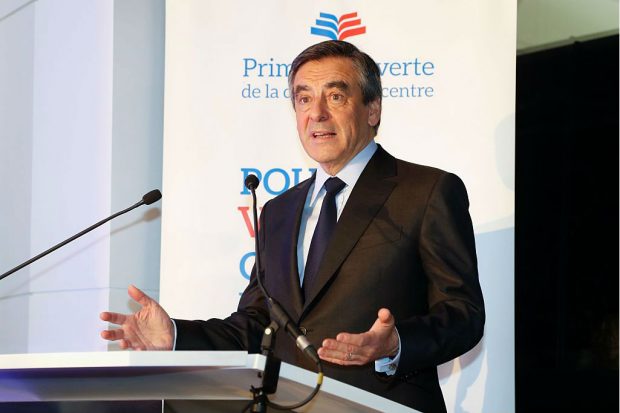By next summer, Britain could be the only one of the three major Western military powers unequivocally opposed to the idea of Russian domination of its near neighbours. For François Fillon, the Republican candidate for the French Presidency and the favourite to win, has — as UK security sources point out — pretty much the same view of Russia as Donald Trump does. Fillon favours allying with Russia in Syria and seeking Vladimir Putin’s help to defeat both Islamic State and the broader Islamist terrorist threat. Fillon also wants EU sanctions on Russia, imposed because of its annexation of Crimea and broader interference in Ukraine, lifted.
This shift in world affairs has profound implications for Britain. It means that this country’s security guarantees to the Baltic Republics and frontline Eastern European states are far more important than they have been made at any point since they were made in 2004 and 1999 respectively. This points to the need for Britain to spend more on defence than it does today if it to credibly deter Russian aggression. Secondly, it will change the dynamics of the Brexit talks. While Cabinet Ministers insist that Britain will never put security on the table in these talks, these countries are aware enough to realise that being part of an effort to ‘punish’ Britain for Brexit would change public attitudes here to the collective defence of Europe. The piece by the Polish Prime Minister today, ahead of the UK-Poland summit, which stresses the importance of a ‘a good compromise which gives both our countries the best possible options for economic and security cooperation’ post-Brexit shows how this is already changing the nature of the debate.







Comments